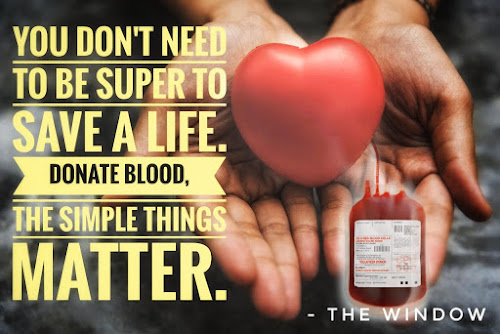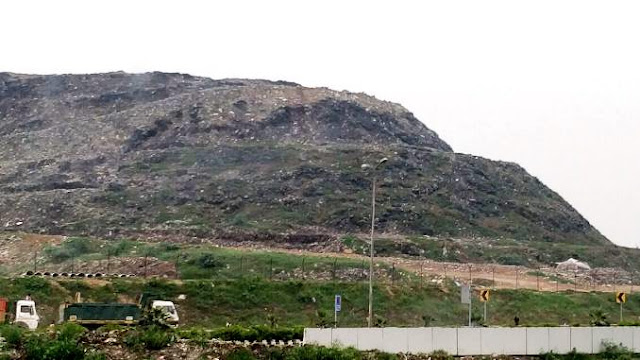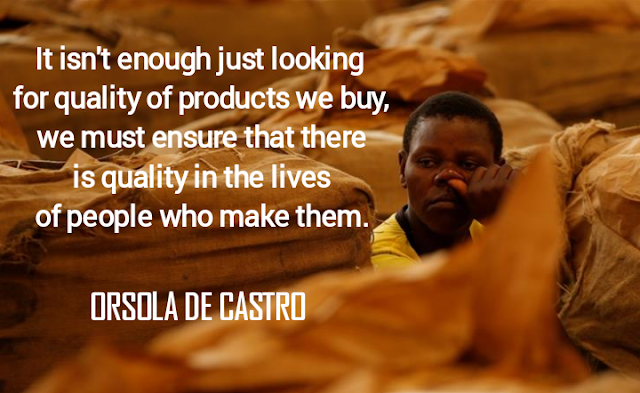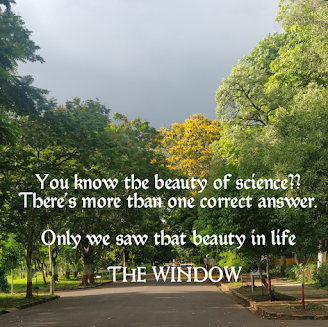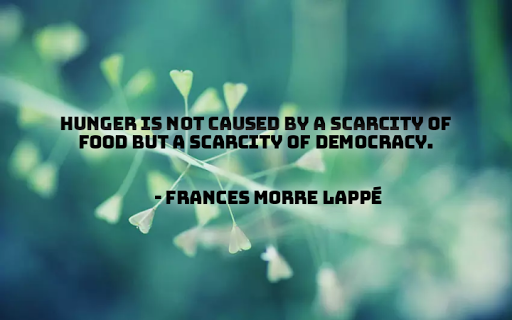Wisdom & Knowledge: Chapter 6.2 - An Insight on Organ Donation

Karma has been something that has been influencing lives of people for as long as we know. For some, good karma is a way to have a peace of heart and mind whereas to some it’s a path to a better after life. And “Donation or Daan” has always been something with the power to cleanse your soul. We donate whatever we can, whenever we can to whoever we can to make their lives better, spread a little joy. But there’s so much more we can do. We don’t know if there’s something as afterlife or not; but what we do know is that we have the power to change someone’s life even after death. In a speaking engagement on Organ Donation by India’s Union Health Minister Dr. Harsh Vardhan, he pointed out that India alone has close to 5 Lakh deaths each year due to lack of organs for transplant. We have a ratio of 0.65 per 10 Lakh for organ donation, meaning just 1 in every 15.4 Lakhs ; seems unbelievable but true. As per a rough figure provided by the Organ Retrieval Banking Organisation (ORBO) o...
